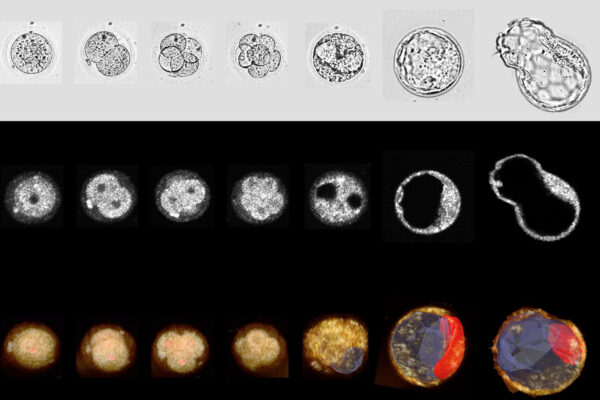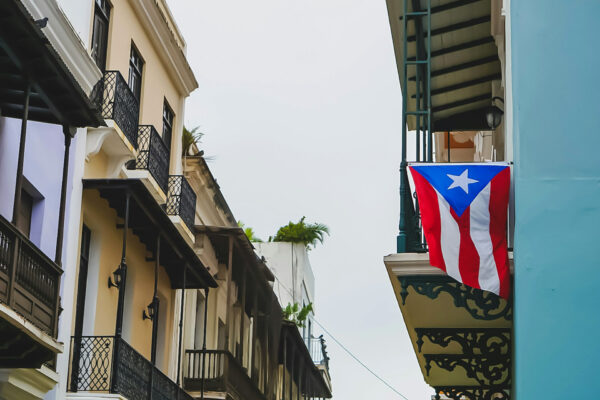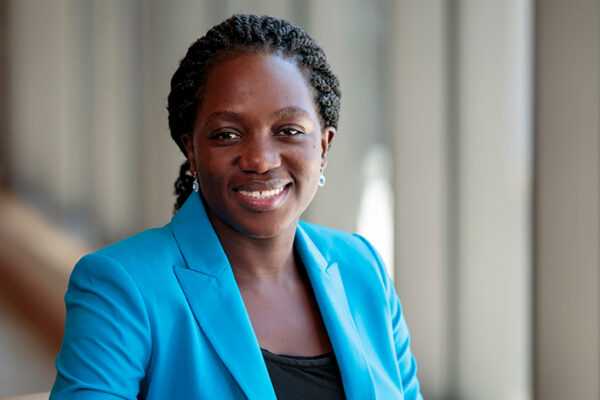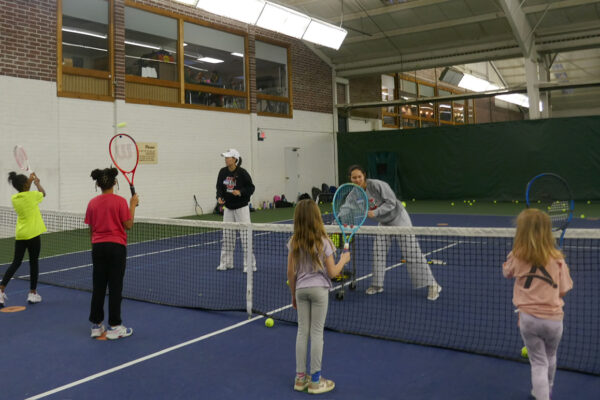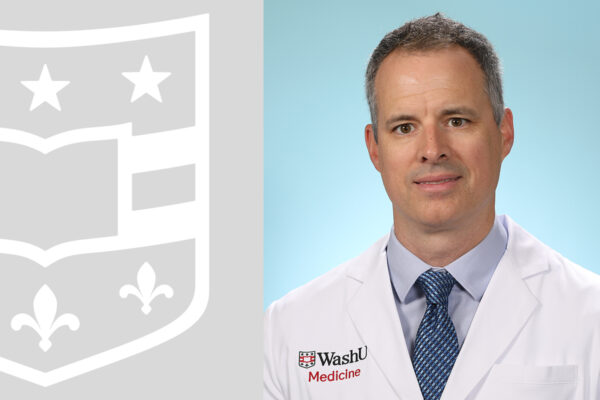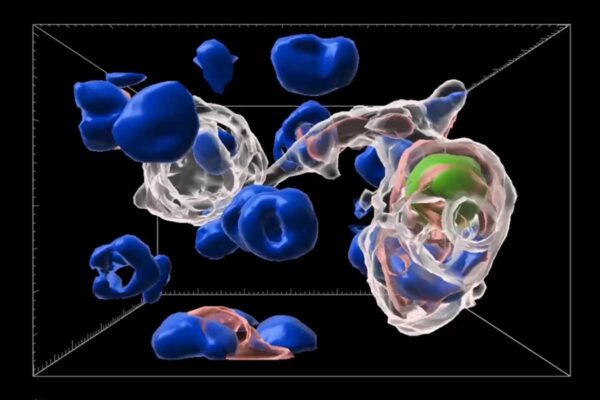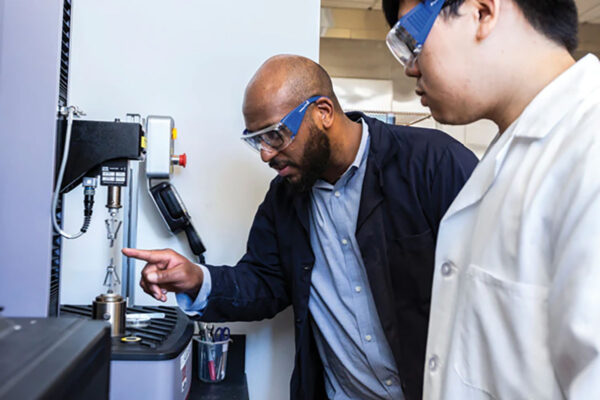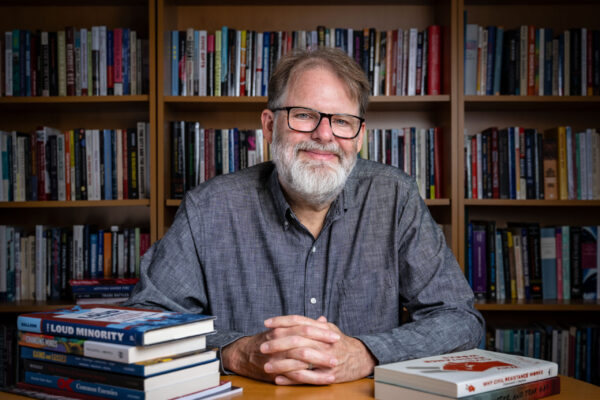An inside look at the earliest stage of life
Researchers at Washington University in St. Louis have a developed a way to monitor mouse embryo development and predict successful blastocyst formation. The results of the study could help improve success rates of in vitro fertilization.
Implementing science across borders
WashU’s Prevention Research Center delivered its Evidence-Based Public Health training in Puerto Rico, strengthening local health workforce capacity to tackle chronic disease and limited resources.
Nabunya named ICHAD director
Proscovia Nabunya, an associate professor at the Brown School, has been named director of the school’s International Center for Child Health and Development.
Applications, nominations sought for Confluence Award
The Confluence Collaborative for Community Engagement at WashU is now accepting nominations and applications for the William H. Danforth St. Louis Confluence Award.
WashU team wins $3.9M to provide cameras for gamma-ray observatory
Researchers at Washington University in St. Louis will provide cameras for the world’s largest high-energy gamma-ray observatory with a nearly $4 million federal grant.
WashU’s Second Serve chapter aces community impact
Led by members of the women’s tennis team, the WashU chapter of Second Serves hosts tennis clinics for the local community and provides donated rackets and covers, shoes and tennis bags for children.
Circadian clock protein linked to brain aging, neurodegenerative disease
WashU Medicine researchers led by Erik Musiek, MD, PhD, discovered in mice that inhibition of a protein that controls the daily cycling of metabolism and inflammation decreases neurodegeneration in Alzheimer’s disease.
Body’s garbage-collecting cells protect insulin production in pancreas
WashU Medicine researchers found that immune cells that dispose of the body’s cellular debris can protect insulin-producing cells and prevent Type 1 diabetes in mice.
Strengthening soy for better bioplastics
Researchers at Washington University in St. Louis are using surface chemistry to improve the strength of soy and cellulose-based biomaterials.
Kenneth Andrews
The past two decades have been marked by unprecedented levels of activism in the U.S., with no signs of slowing down. Historically based research by Kenneth “Andy” Andrews, the Tileston Professor of Arts & Sciences at Washington University in St. Louis, offers insights into how social movements can achieve lasting change.
View More Stories
